 It is with a sense of déjà vu that I write this first-person account of my brush with a name that instils fear in most hearts but has been like a subconscious presence for me for the past 12 years or so. I had done just that exactly a decade ago in this very magazine, and had also narrated personal stories of three other known persons coping with cancer at that time.
It is with a sense of déjà vu that I write this first-person account of my brush with a name that instils fear in most hearts but has been like a subconscious presence for me for the past 12 years or so. I had done just that exactly a decade ago in this very magazine, and had also narrated personal stories of three other known persons coping with cancer at that time.
Of them, sadly, Yasmin Ismail, that talented theatre and TV artiste, is no longer with us for the disease overcame her, and Gul Hameed Bhatti, the doyen of cricket journalists, passed away earlier this year after a period of poor health due to repeated strokes. Mediaman Faisal Sherjan has been cancer-free despite other medical issues.
These past 12 years have seen me moving from the category of a cancer patient to that of a cancer survivor, but in these very years, this disease has crisscrossed my path in many different ways. It took my mother away, and I have known it to affect the lives of so many people I have known, and am witnessing a dear friend and her family battling with it bravely.
So where is the story in this? The story is that each cancer case is a story in itself; a different experience for a different person and the overarching moral of this story is that it is a case of mind over matter. And these are not mere words. The entire story is about management – of the disease – and of those dealing with it first- and second-hand.
This is a disease that has to be battled on all fronts. On the front of knowledge, information and awareness, on the front of the calibre of oncologists and treatment options available, on the psychological and social front, due to the terrible strain on the patient and family, and last but certainly not the least, on the financial front, as that, despite the presence of places like Shaukat Khanum hospital, is a drain on resources few patients can cope with.
Why I count myself lucky is that I had support on almost all those fronts. I was able to put mind over matter and live a life as normally as possible. In fact, I achieved a lot more in my post-cancer days than pre-cancer, as earlier one takes time for granted. Now I was able to focus and only go for the important things, and important people in my life.
Friends and family were the Rock of Gibraltar, while work was the therapy, and my young children, the youngest being only 3, the incentive to stubbornly disregard the fact that this disease could be a limiting factor.
And this is where one realises that in the absence of support groups, one has a definite role to play, even if on an informal personal level. Having cared for my mother throughout her battle with cancer, and having gone through the treatment myself, I was able to assume an advisory role.
Not that this was easy, the first step being the most difficult one – trying to get people to cross the hurdle of the trauma and shock and getting them to agree to see a specialist. It is amazing how many people simply slip into a fatalistic mindset and out of fear of the side effects, refuse to start treatment. Getting people past this hurdle took a lot of explaining, cajoling, pleading, and even deceiving. This was one judgment call I always view with apprehension, for to deceive someone by not telling them the nature of disease yet getting them to undergo treatment does not really rest easy on the conscience.
But in this case, forewarned is really forearmed. Knowledge that the discomfort, aches and pains are related to the treatment regime may be small comfort physically, but at least mentally one knows that it is temporary. Besides, some treatments lead to some other problems – in my case ostopenia – so one has to learn how to deal with that as well and start taking care of oneself in yet another manner. It stops me from going off on field trips to hills and valleys like in my ‘younger’ days, and even though I hate the thought of seeming like the begum sahiba who makes others carry her bags, I have to, or my joints and bones would give me a talking to.
What one has to remember is that this is not a ‘one size fits all’ scenario. Each person is affected in a different way by the same drug, and has to develop his or her own responses. This is something even the caregivers need to understand and not go by the stories they hear from ‘others.’ Existing general health before having cancer, plus the socio-psychological factors all come into play and, of course, they are different for different persons.
As far as the fear of it returning, well, I know that with the strong familial link, there is always a chance that it will return, but I would rather consider the 12 good years I have spent as a glass half full and cross that bridge when I come to it. The best thing is that I have seen my children develop a similar mindset, and so of course, I do not really have any cause for complaint from life.

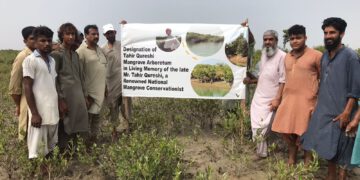
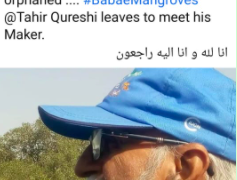

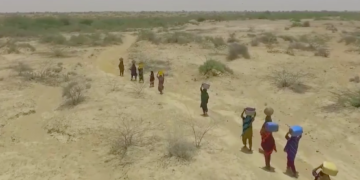

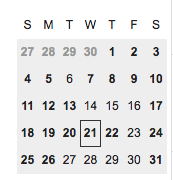
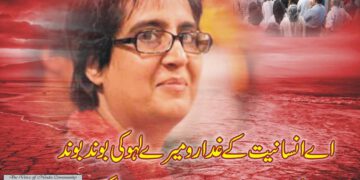




Leave a Reply